Check out the CV of Adamu Ciroma. Former editor and managing director of New Nigerian. Former governor of the Central Bank of Nigeria (CBN). Two-time presidential aspirant. Former minister of trade and industry. Former minister of agriculture. Former minister of finance.
And did you know that Ukpabi Asika and Uche Chukwumerije were his classmates at the University of Ibadan? Did you know that he actually wanted to study law in the UK but missed the offer because of a failed medical test, specifically as a result of an eye problem?
Did you know that that he led the Consensus Committee of the Northern Political Leaders Forum (NPLF) which tried, unsuccessfully, to retain power in the north in 2011 after the death of President Umaru Musa Yar’Adua?
TheCable understands that Ciroma, who died at 83 on Thursday, had not been in good health for a while, and there were plans to fly him abroad for further treatment before he died.
Advertisement
“There were plans to fly him to Germany but his situation was not good enough to withstand the rigour of a six-hour flight,” a family source told TheCable.
Notwithstanding, he had left enough footprint on the sands of time and must have died a fulfilled him.
HISTORIAN AS CBN GOVERNOR
In 1975, the military government of Murtala Muhammed appointed Ciroma as the CBN governor. Kole Omotosho, in his book, Just Before Dawn, wrote that Ciroma, who was managing director of New Nigerian, was to be appointed the managing director of Daily Times, while Aliko Mohammed, an accountant, was to be made CBN governor.
Advertisement
Omotosho said at the swearing-in, Muhammed mistakenly gave Ciroma the papers assigning him the governorship of CBN and Mohammed the papers as MD of Daily Times. After the ceremony, the story goes, the attention of the head of state was drawn to the error, but he said “a general does not change his mind” and that the duo should go and learn on the job.
Is this an urban legend?
Perhaps. Omotosho’s book belongs in the category of “faction” — a mixture of fact and fiction. In it, he dramatised the government of Muhammed and the abortive Dimka coup. Nigerians took his words literally, but Ciroma’s account was completely different.
In an interview with Daily Trust in April 2016, Ciroma recounted the circumstances surrounding his appointment.
Advertisement
He said: “Shortly after I was appointed editor of the New Nigerian, I was also appointed a director of the CBN. From that point, I got involved in knowing how the CBN operated, how they worked, what they were doing and so on. So I was quite familiar with the operations of the CBN. When the coup that ousted Gowon and brought in Murtala Mohammed took place, I was in Lagos and was staying at a CBN apartment where we normally stayed.
“On the morning of the coup, I heard the sound of a stone someone had thrown at my window. I opened the window to ask who it was that threw the stone and it was Shehu Yar’Adua. I opened the door and he said to me, ‘There has been a coup and the military leadership has appointed you governor of the Central Bank.’ He said something like there were some forex transactions which were not done right and they needed somebody to put them right. So they decided to put me there.
“I told you in the beginning that our quality of education then enabled me to be a historian, to head a steel mill, to edit a newspaper, to manage any organization. In the same line of thought I could head the Central Bank. And I did. I actually did a lot of good work for the bank.”
QUALITY OF EDUCATION
It is also worth knowing that he had been appointed editor of New Nigerian without journalism experience — apart from editing a school magazine at the University of Ibadan, where he graduated in 1961 with a bachelor’s degree in history.
Advertisement
But he went on to do a good job, and this he attributed to the quality of education he received at the University of Ibadan, which was associated with the University of London in its early days.
“Then, the University of Ibadan, Makerere University in Uganda, Fourah Bay University in Sierra Leone, Legon University in Ghana and a few other universities like them in Africa were like the University of London,” he said.
Advertisement
“The quality of graduates these universities produced was just like the quality of the graduates produced by the University of London itself. The quality was very high. Then, we would boast that, ‘yes, I did History, but I can confidently run a steel mill, run a bank, run anything.’ And it was truly so. Many people who did Classics at the University of Ibadan went on to run big financial institutions. The quality of education at that time was so high that people who employed at that time knew you could do anything.”
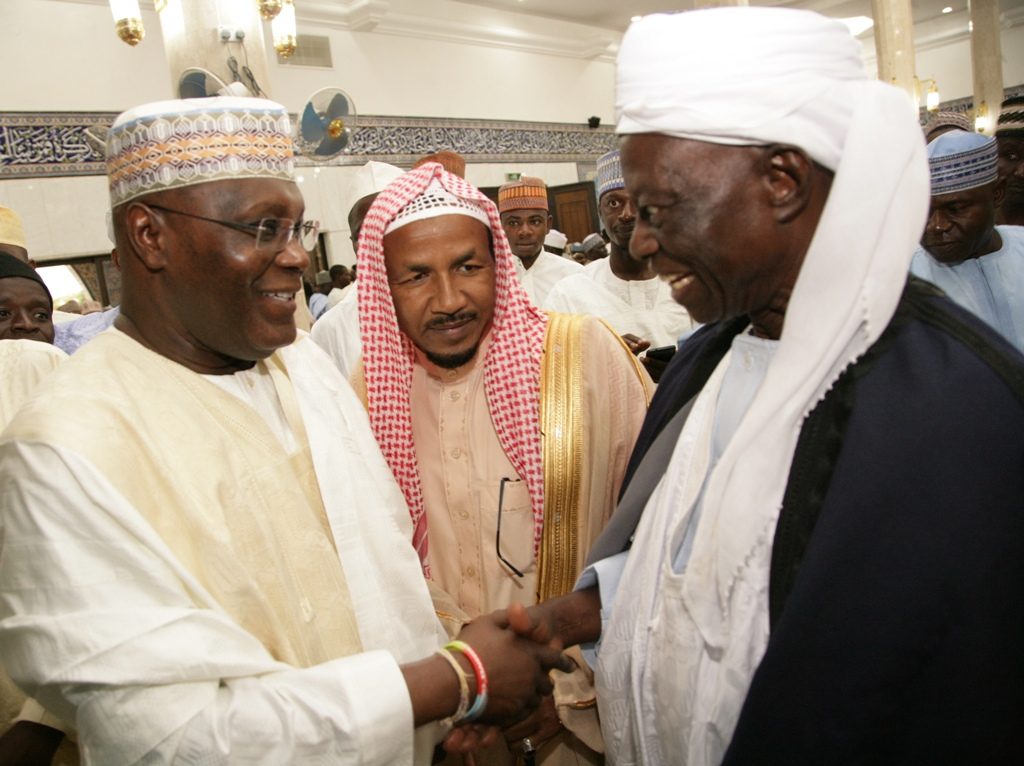
PRESIDENTIAL AMBITION
Ciroma left as CBN governor on June 28, 1977 to participate in politics.
Advertisement
The Constituent Assembly was set up to draft a new constitution for Nigeria ahead of transition to civil rule in 1979, and Ciroma was a member.
There and then, he participated in the formation of the National Party of Nigeria (NPN) and was appointed national secretary.
Advertisement
He then took a shot at the presidential ticket. Along with Shehu Shagari, Olusola Saraki, Maitama Sule and Ishaya Audu, he fought for the party’s flag but came third, behind Shagari and Sule.
In 1992, he sought the ticket of the National Republican Convention (NRC). He was neck-and-neck with Umaru Shinkafi in the primary, and the two were due for a run-off when the military government of Ibrahim Babangida cancelled the exercise.
He banned all presidential aspirants from contesting in fresh primaries. Shehu Musa Yar’Adua, who had already been elected as the candidate of the Social Democratic Party (SDP), was also banned.
“Babangida misled us. He set the goalposts and some of us believed him and we offered to lead the country,” he would later say.
THREE-TIME MINISTER
He could not become president of Nigeria, but he perhaps compensated for that with three appearances as ministers, both under military and civilian governments. He was minister of trade and industry, and later agriculture, under Shagari, from 1979 to 1983.
He was appointed minister of agriculture — again — under Sani Abacha, the military head of state, in 1993. The adventure did not end well though.
“Abacha had problems of running the country, so he decided to call on prominent politicians to help him and I was one of them. He appointed me the minister of agriculture. By then, I had already formed my strong view that agriculture is an area where one can help the people. So I accepted,” he said in the Daily Trust interview.
“I wanted to ensure that things were done properly. I knew that fertiliser was one of the most important things to help farmers. I laid out a system of international contract award in a way that nobody would bring in corruption into that system. It was in a way that fertiliser would arrive and would be taken directly to the right quarters. I felt I was on my way to help. But Abacha said no, that there was enough fertilizer in this country and everything was okay. I told him I was the Minister of Agriculture and I should know what was needed. He still said no.
“He told me this on a weekend. After that, I stayed on as minister for a few days then I sent in my letter of resignation. He made efforts to get me back but I refused. Whatever corruption that happened during the Abacha regime, I cannot be part of it, and I definitely wasn’t part of it.”
Ciroma was later made minister of finance by his old friend, President Olusegun Obasanjo, at the dawn of the fourth republic in 1999. Many people criticised Obasanjo for appointing a historian as finance minister, and when Ciroma famously came to cabinet meeting on crutches after a car accident, pressure mounted on Obasanjo to remove him. Obasanjo ignored the cries.
‘NORTHERN CONSENSUS’
Ciroma was a founding member of the Peoples Democratic Party (PDP), starting off as a member of the G8 that demanded civil rule from Abacha and later became G34 before founding the party that would go on to rule Nigeria for 16 years, from 1999 to 2015.
Many southerners would remember a different Ciroma, the one who campaigned vigorously that power must remain in the north after the death of Yar’Adua in 2010. Goodluck Jonathan, as vice-president, automatically became president but was not expected to contest in 2011 because of a political understanding in the PDP that power must rotate between the north and the south.
Atiku Abubakar was believed to have instigated the setting up of the Northern Political Leaders Forum (NPLF) to further his ambition, and the consensus committee headed by Ciroma picked him as the “northern consensus” candidate to confront Jonathan in the PDP primaries. Jonathan defeated him hands down.
Ciroma was born on November 20, 1934 in Potiskum, today’s Yobe state. His ethnic group is known as Karai-Karai, one of the smallest in northern Nigeria.
He attended Borno Middle School, Barewa College, Zaria, where he came first in his class, and went on the the Nigerian College of Arts, Science and Technology to prepare for university. He entered the University of Ibadan in 1957 and graduated in 1961.
1 comments
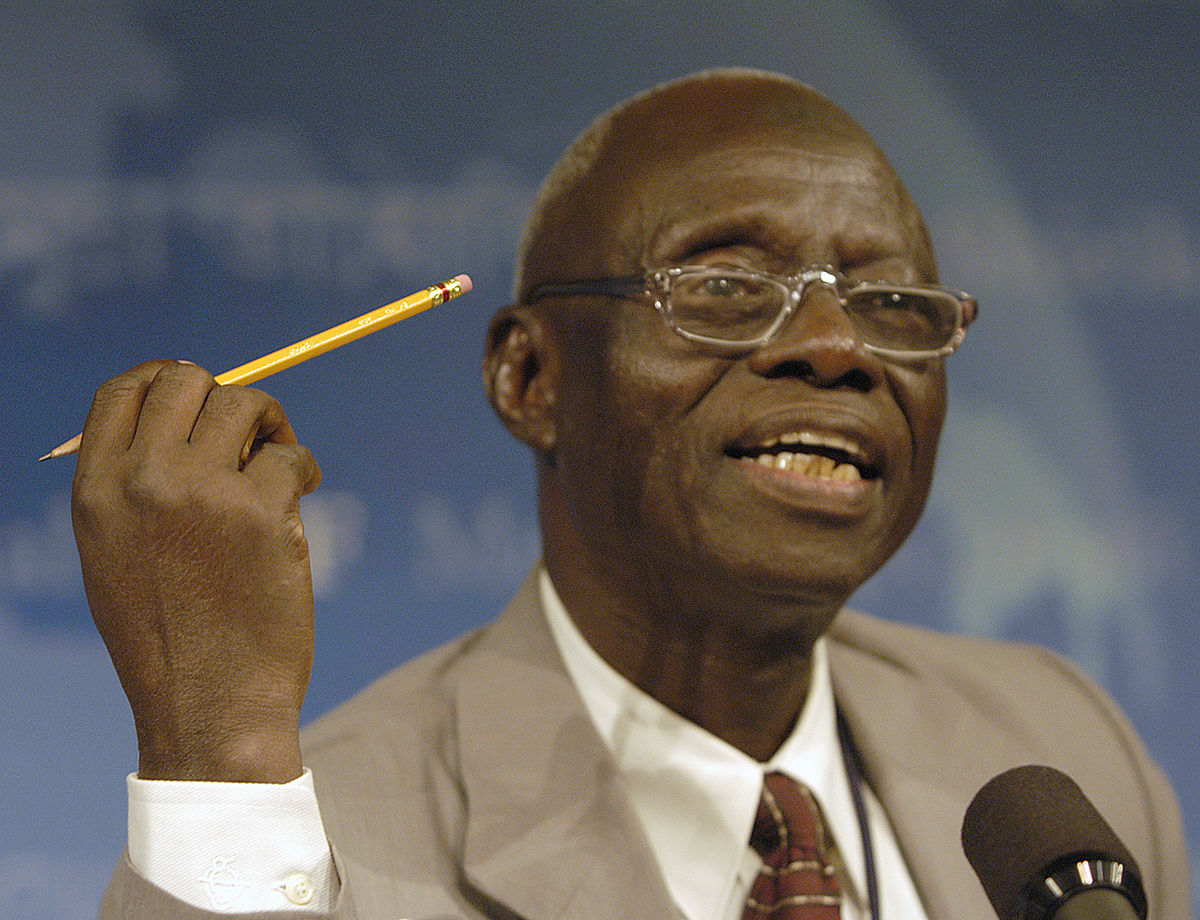

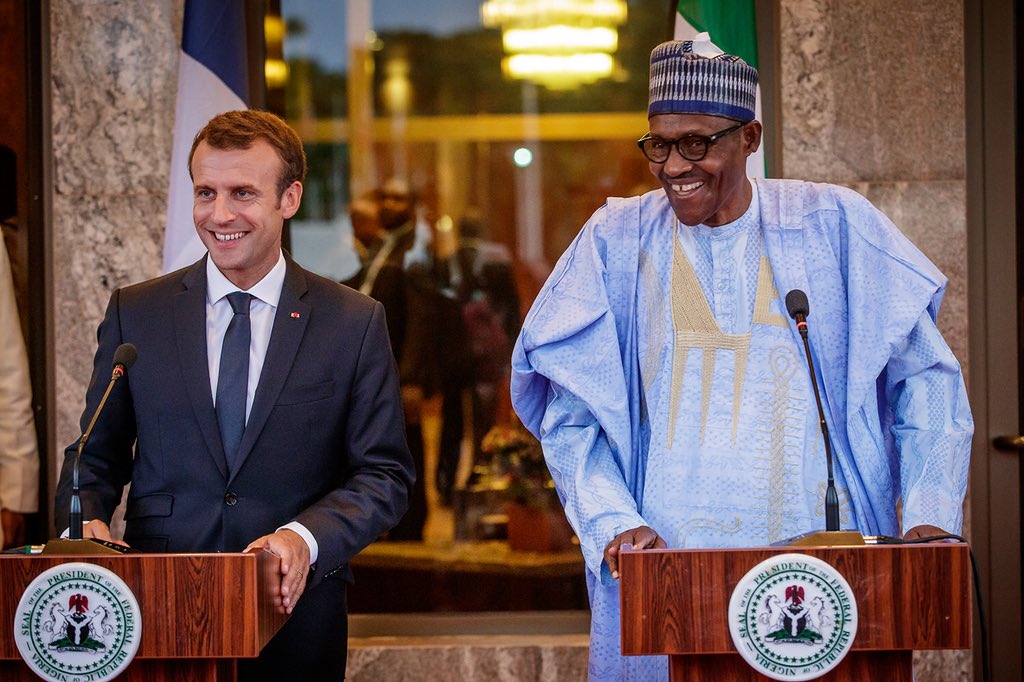
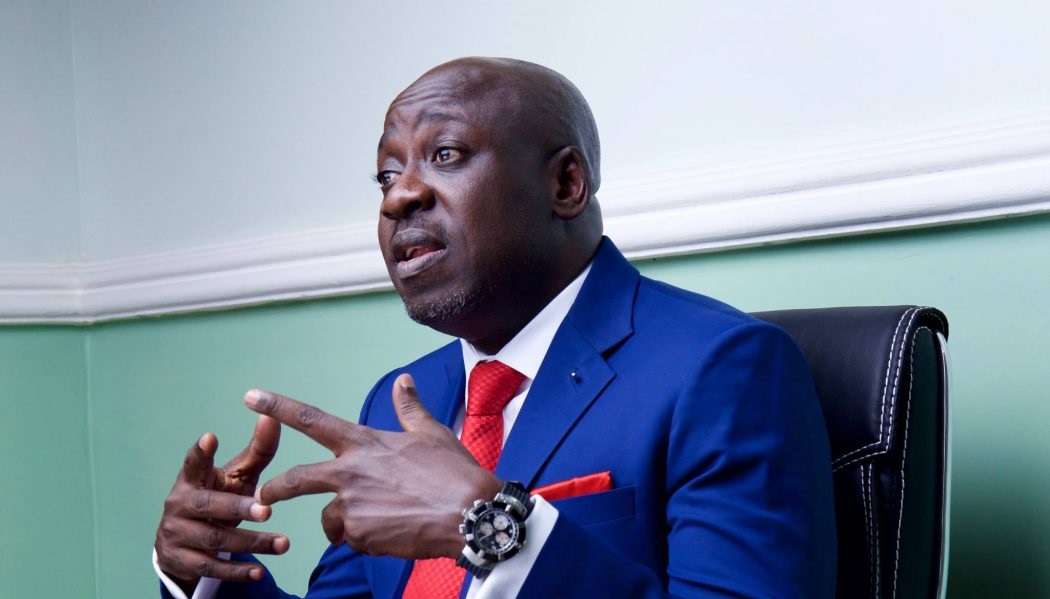
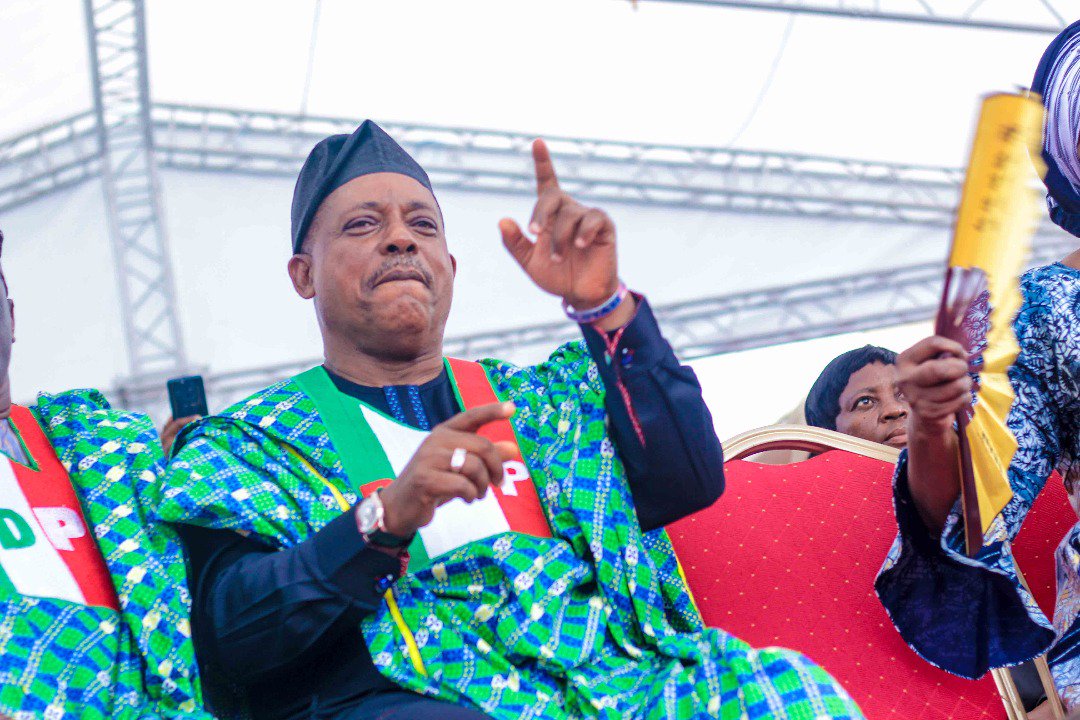


Thaanks for the Info